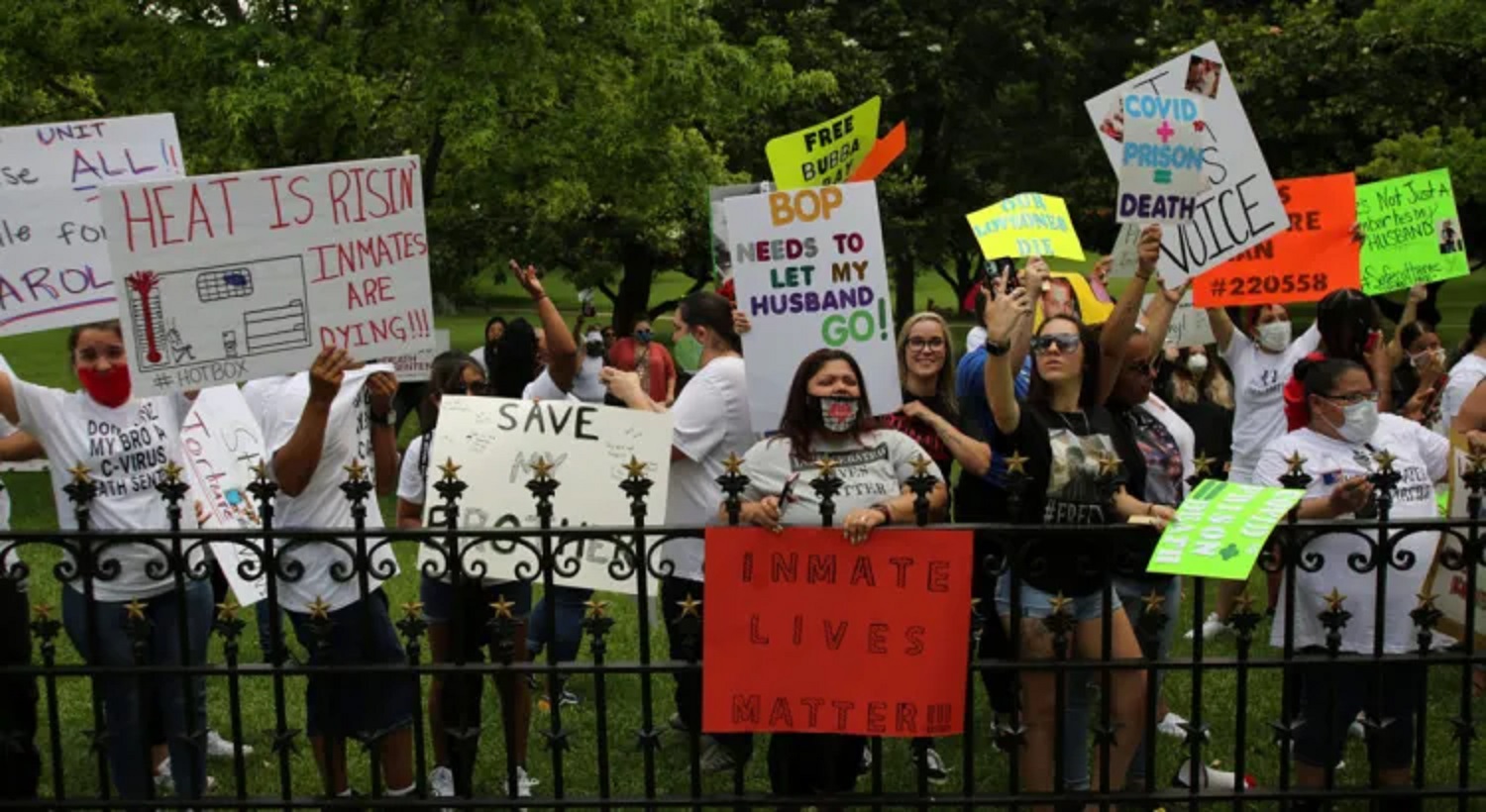
Community health centers (CHCs) are positioned as key players in facilitating successful transitions of care for individuals reentering society after incarceration. With a focus on medically underserved populations and extensive experience in comprehensive healthcare provision, CHCs offer critical support in addressing the complex health needs of formerly incarcerated individuals. However, challenges such as workforce shortages, payment model adjustments, and data infrastructure limitations must be overcome to ensure the effectiveness and sustainability of reentry programs led by CHCs.
Supporting successful transitions out of incarceration is essential for reducing recidivism rates and promoting community well-being. Recognizing the link between poor health outcomes and repeated incarceration, policymakers and healthcare stakeholders have emphasized the need for improved healthcare reentry initiatives. Community health centers (CHCs) emerge as crucial entities in this endeavor, given their mandate to serve medically underserved communities and their experience in delivering comprehensive healthcare services. This paper examines the role of CHCs in facilitating transitions of care for formerly incarcerated individuals and explores the challenges and opportunities associated with implementing reentry programs in these settings.
Community health centers (CHCs) stand as pivotal players in facilitating the transition of care for individuals reentering society after incarceration. This transition is crucial in mitigating recidivism rates, and CHCs are well-positioned to lead the charge, according to an assessment by The Commonwealth Fund.
Recognizing the imperative nature of this healthcare reentry for recently incarcerated individuals, healthcare stakeholders have increasingly focused on enhancing transitions of care, driven by the recognition that poor health outcomes contribute to both recidivism and significant taxpayer costs. Policymakers at federal and state levels have been reforming Medicaid’s role to cover health services for this population, acknowledging the complex health risks faced by incarcerated individuals and the correlation between health status and recidivism.
Medicaid has initiated efforts to streamline the transition of care from incarceration to the general population through 1115 waivers, known as Reentry Demonstrations. Currently, two states, California and Washington, have approved waivers, while another 17 states have pending waivers. These waivers aim to bridge the gap in healthcare access for formerly incarcerated individuals, addressing issues such as substance use disorder (SUD) treatment lapses, which have been linked to reincarceration and other adverse outcomes.
CHCs are poised to play a critical role in ensuring the success of these Reentry Demonstrations, primarily due to their existing focus on medically underserved populations. Mandated by statute to serve such communities, CHCs have extensive experience in providing comprehensive healthcare, particularly to populations facing high risks such as poverty and health disparities. Moreover, many previously incarcerated individuals have received care at CHCs prior to incarceration, positioning these centers to lead continuity of care efforts.
In a qualitative study involving 21 CHC leaders, it was found that CHCs are already spearheading various reentry activities, including providing care within correctional facilities, coordinating ongoing treatment, integrating community health workers with incarceration experience, and offering pre- and post-release case management. To ensure successful reentry programs, CHCs have identified key principles such as building trust, fostering partnerships with correctional facilities and community-based organizations, employing interdisciplinary care teams, and incorporating trauma-informed care practices.
Despite their existing expertise, CHCs face challenges in implementing and sustaining reentry programs. These challenges include the need for clear federal guidance on permissible reentry activities, workforce shortages, payment model adjustments, and data infrastructure limitations. Addressing these challenges requires additional support and resources, including dedicated training and technical assistance, alternative payment models tailored to reentry care, and investments in data-sharing capacity.
However, Community Health Centers (CHCs) offer a promising avenue for supporting successful transitions out of incarceration. By leveraging their expertise in serving medically underserved populations and their experience in comprehensive healthcare provision, CHCs can play a pivotal role in addressing the complex health needs of formerly incarcerated individuals. However, overcoming challenges such as workforce shortages, payment model adjustments, and data infrastructure limitations is essential to ensure the effectiveness and sustainability of CHC-led reentry programs. With concerted efforts and support from policymakers and stakeholders, CHCs can significantly contribute to reducing recidivism rates and promoting health equity in communities affected by incarceration.
